MACA - WHAT YOU NEED TO KNOW
WHAT IS MACA
Maca, the superfood of the South American Incas, has gained remarkable importance in modern times. The maca plant is a member of the cruciferous family and comes from the high altitudes of the Peruvian Andes. The root tubers are either eaten fresh by the native population after heating or dried and processed further, for example, into flour (Britannica).
The tuber is now valued as a natural alternative with aphrodisiac effects and is widely used in naturopathy, especially for libido deficiency and potency problems. In addition, it is also successfully used to help couples with an unfulfilled desire to have children and to support women during menopause. The diverse application areas make maca a fascinating and promising addition to the world of health (Britannica).
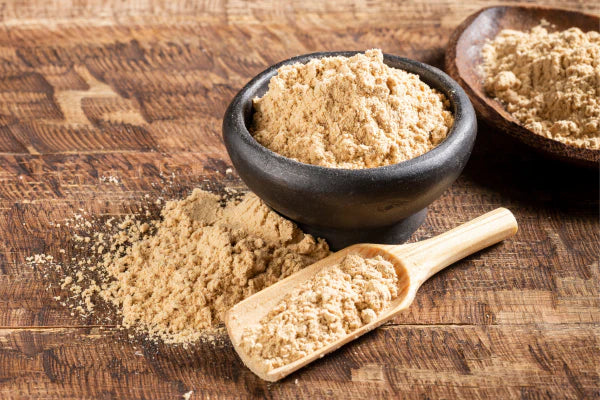
EFFECTS OF MACA
Maca makes you want. The best-known property of maca is its aphrodisiac effect. A large number of studies have looked into the subject and confirmed that maca has a lust-promoting and potency-increasing effect.
Studies have come to the conclusion that maca not only increases the desire for sex but can also increase the potency of men. Testosterone is the hormone used to increase libido and potency in men. Maca can increase potency without altering testosterone or oestradiol levels, which means maca also has no negative effect on the prostate, as these are often the side effects of testosterone. As a result, users of Maca report that they feel stronger, more powerful and healthier and also have "more desire" (Journal of Ethnopharmacy).
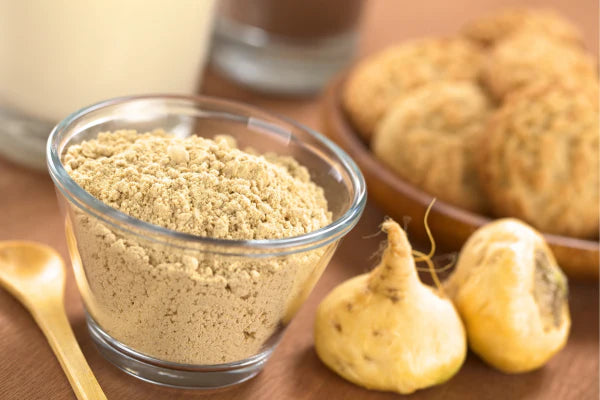
Maca also helps with menopausal symptoms. Studies confirm that symptoms such as hot flashes and night sweats are improved by taking maca. Not only are the complaints during menopause alleviated, but the hormones are also balanced and have a favourable effect on blood pressure, body weight and cholesterol. Maca is, therefore, considered a potential alternative to classical hormone therapy.
Maca is a superfood and also has a positive effect on digestion and cholesterol levels. Cholesterol levels can be lowered because maca inhibits cholesterol absorption in the small intestine, thus lowering LDL cholesterol ("bad" cholesterol). Maca's digestive effect is due to its fibre content and bioactive substances.
Maca can increase the energy level of the entire organism and thus improve the ability to perform and concentrate. Maca is also said to improve athletic condition and build muscle. Due to the improved blood circulation, maca has a performance-enhancing effect during sport, and after sport, the improved blood circulation promotes the ability to regenerate (Journal of Ethnopharmacology).
It has also been found that maca can improve sexual dysfunction caused by taking antidepressants, as this is a common side effect of these drugs.
Featured product
Featured product

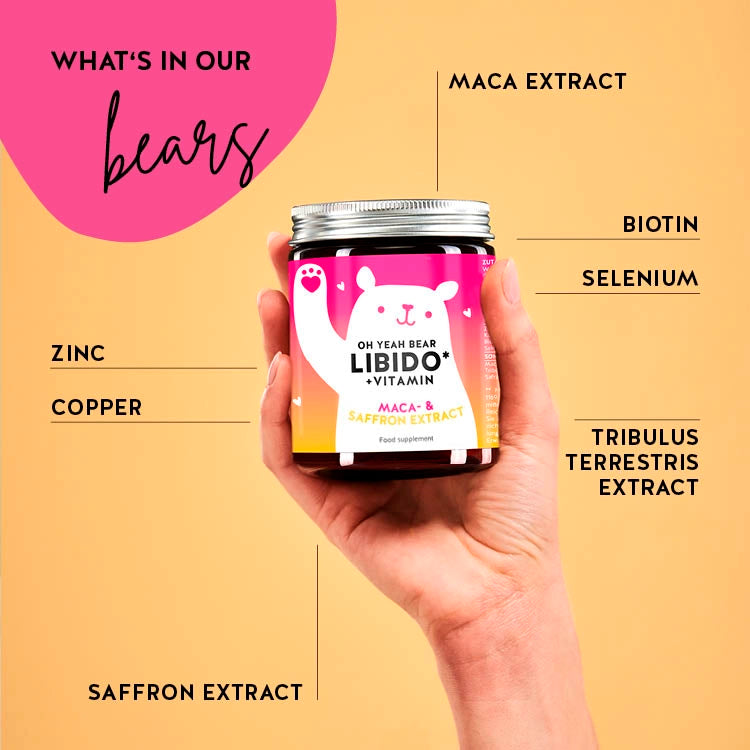


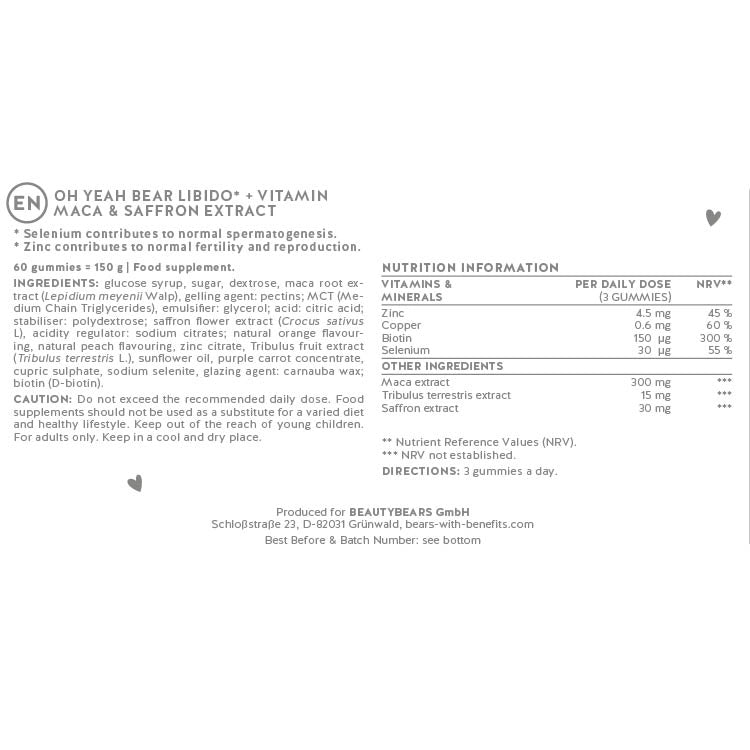

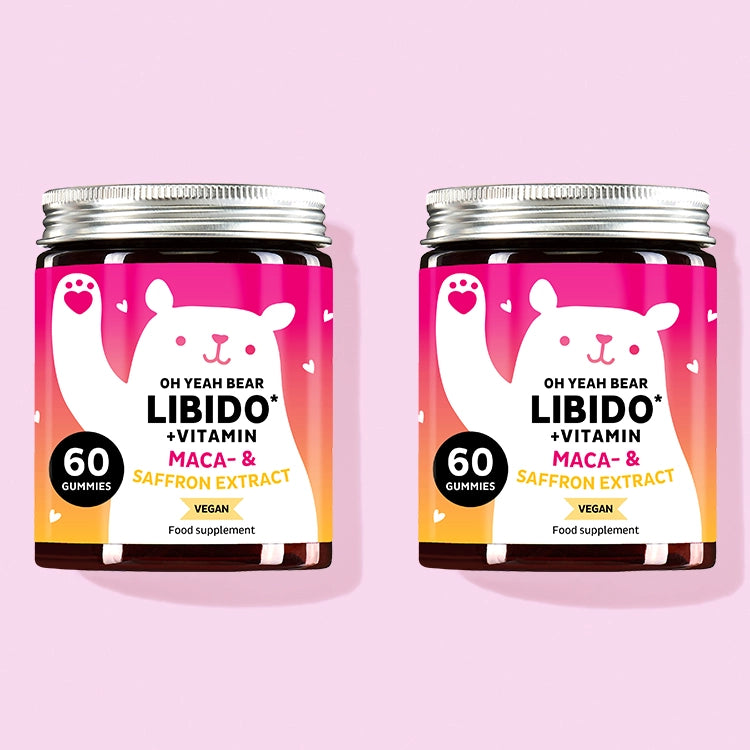
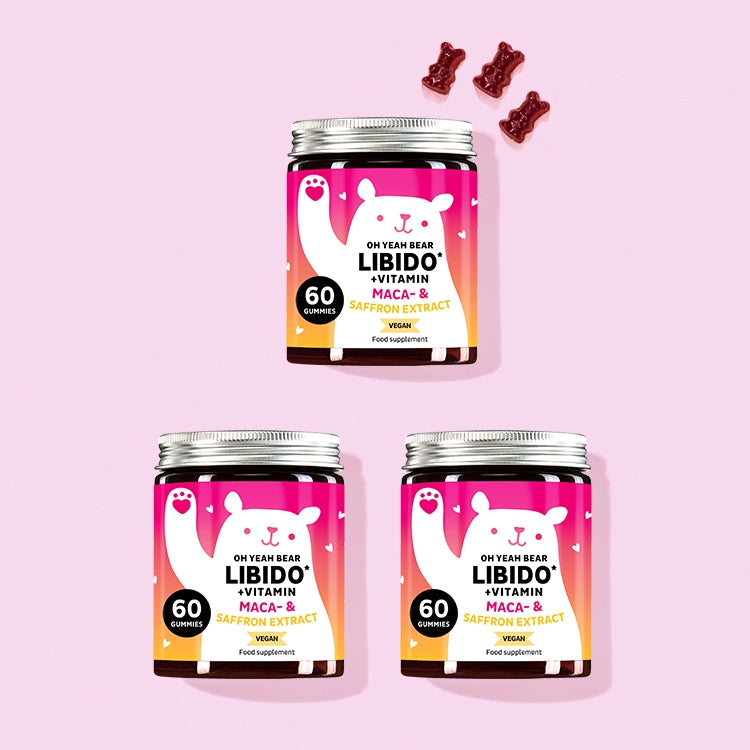
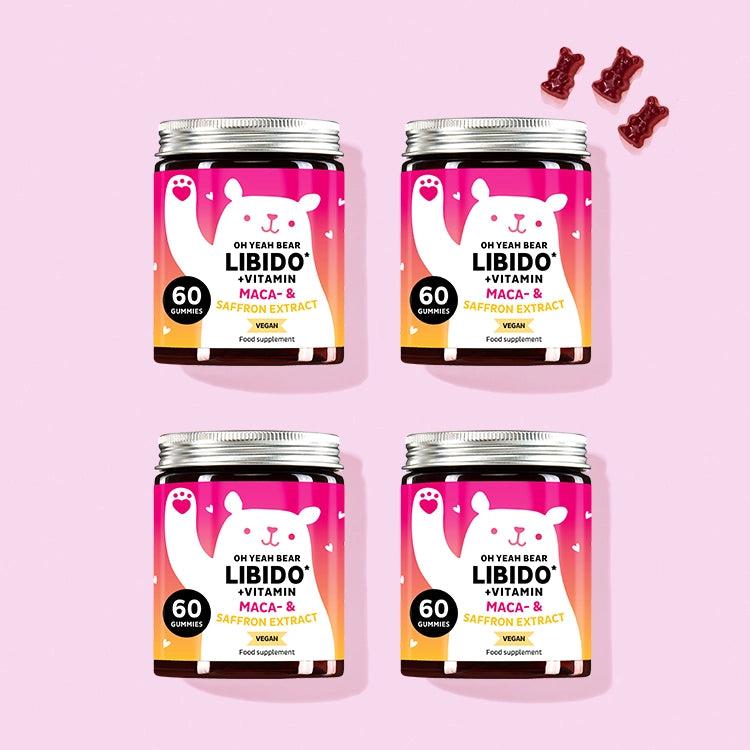

NASSIM JAMALZADEH:
"Maca has been used for many years, and its effects should not be underestimated. Maca has a variety of effects and is also recommended for those who wish to have children. However, I would recommend always consulting your doctor before taking maca. In any case, let yourself be convinced of the effect and try it out."
FAQs about maca
FAQs about maca
With maca, the dosage depends strongly on the intended use. Age and weight also play a decisive role. The daily intake can vary greatly. For this reason, you should pay attention to the recommended intake of the respective product.
The data on side effects and toxicology of maca tubers is incomplete. Available study data show good tolerability of maca powder, but side effects have not been specifically studied. Reports mention possible side effects such as indigestion, hyperactivity, mild hypertension and headaches. Cooked and dried maca tubers are considered safe, as they have been consumed as food for a long time. At a dosage of 1 gram per kilogram of body weight, maca does not seem to have any toxic effects.
There are uncertainties in connection with metabolism. Maca could lower or raise cholesterol and sugar levels, depending on the individual situation and dosage. Studies yield different results. In people with metabolic syndrome, an increased liver value was found after Maca intake, which needs to be researched further. People with iodine deficiency should avoid maca because it contains mustard oils and can increase goitre formation. Large amounts of mustard oils can be irritating, so people with gastrointestinal inflammation should not consume fresh, unprocessed maca products. Maca should be avoided during pregnancy and breastfeeding as there is insufficient data on its safety. maca is also often used for those who wish to have children. However, this should be discussed with the doctor in charge beforehand.
Here are some groups of people for whom maca might be considered:
• Adults with normal metabolism: People without specific health problems could potentially use maca without major concerns, provided they pay attention to the recommended dosage and possible side effects.
• Athletes: Some athletes may be interested in maca as it is touted as a natural energy booster and for improving endurance and performance. However, caution is advised as individual responses to maca may vary.
• Menopausal women: Maca is sometimes considered a natural remedy for relieving symptoms of menopause, such as hot flashes and mood swings. However, women at this stage should seek medical advice before using it.
• People with libido problems: Maca is also traditionally considered a natural aphrodisiac and could help increase sexual desire in some people.
• People with stress and fatigue: Some users report increased resilience and better stress management after taking maca. It could, therefore, be interesting for people who suffer from chronic stress or exhaustion.
Nevertheless, it is important to emphasise that individual response to maca may vary and that there is not enough data to comprehensively assess its long-term safety and effectiveness. Individuals intending to use maca should consult with a doctor or professional beforehand and follow the dosage guidelines and precautions.
Let customers speak for us
Our bears with maca
Our bears with maca
















